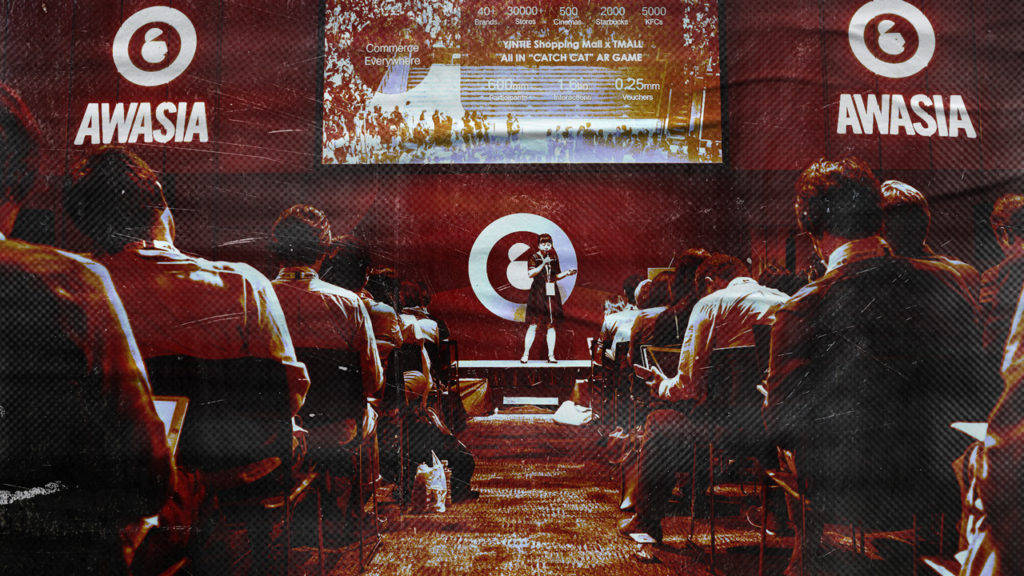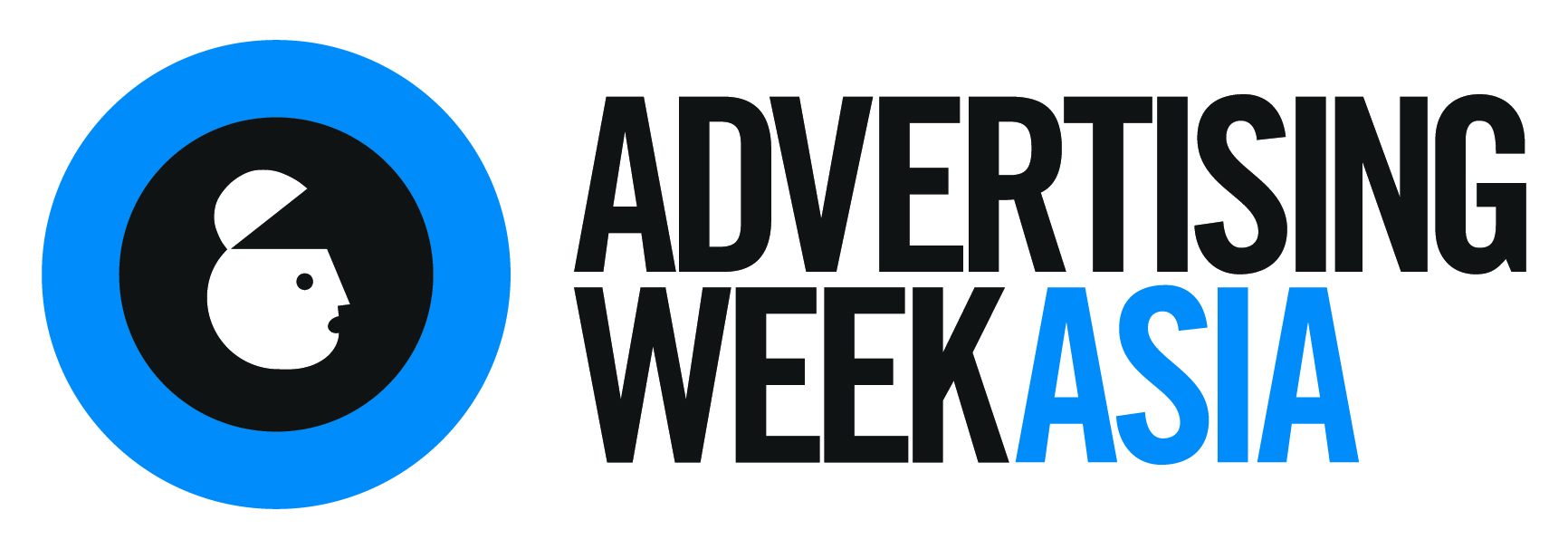In 1965, Intel co-founder Gordon Moore famously predicted that computer processing power would double every year, an insight known as “Moore’s Law.”
Once a governing principle of progress, today we experience such unfathomably fast-paced change that Moore’s Law becomes less applicable every year. Think of technology as an automobile, with no speed limit. We might get to our destination a lot faster, but the chances of accidents along the way increase many times over.
In contemporary society, the “accidents” are relatively simple to identify but hard to stop. Bad actors continue to hack consumer data, shine unwanted light on horrific acts and influence political campaigns with real impact. One need only look at the discord in the United States and the United Kingdom which is tearing at the fabric of Democracy. Without question, trust, transparency and privacy have emerged as one of the highest mountains to climb for our industry and indeed, broader society.
Thirty years after Moore, Harvard Professor Clay Christensen crystallized what would evolve into the biggest influence in the 21st century under the headline of “Disruptive Innovation.” Christensen defined disruptive innovation as an innovation that creates a new market and value displacing established market-leading firms, products and alliances. Tech-driven disruptive innovations have dramatically improved our lives and created incredibly powerful platforms to share and tell stories worth being told.
Advertising Week is proud to have been there since 2004 enabling leading academics, creatives, innovators and inspirational figures to enlighten us on where we have been and, more importantly, where we are going. It’s hard to imagine that when we staged the very first Advertising Week in New York City, there was no Facebook, no YouTube, no iPhone, no Android, no Snap and none of the topics or content companies that dominate today existed . . . It is a startling amount of change in just 15 years, well beyond what Moore or Christensen imagined.
Today, driven by the 24-hour news cycle, it is very easy to fall into a trap of doom and gloom.
But let’s look at the world through the eyes of the brilliant Lin-Manuel Miranda, creator of Hamilton, who wrote “Look around at how lucky we are to be alive right now.” Never have we been in a better position to improve not only our own lives, but the lives of those around us.
Paul Polman, the former CEO of Unilever, has led by example to this end embracing sustainability as a vital ingredient in Unilever’s strategy. Polman has proven that doing good for the world is good for business. The concerto of purpose + profit is incredibly compelling, and we are committed to leveraging our platform to showcase these real-world impact success stories. It’s this real-world impact that is at the heart of our next new destination, Advertising Week Africa, launching this October in Johannesburg.
But as we enter our fourth year in the magnificent city of Tokyo, we look forward to uncovering the latest insights and innovations from the region leading in global growth.
The AWAsia stage will play host to conversations diving into issues of purpose, from work-life balance to women’s empowerment, all the way to discussing cultural opportunities like the Olympics and Rugby World Cup. We very much hope to see you there.


